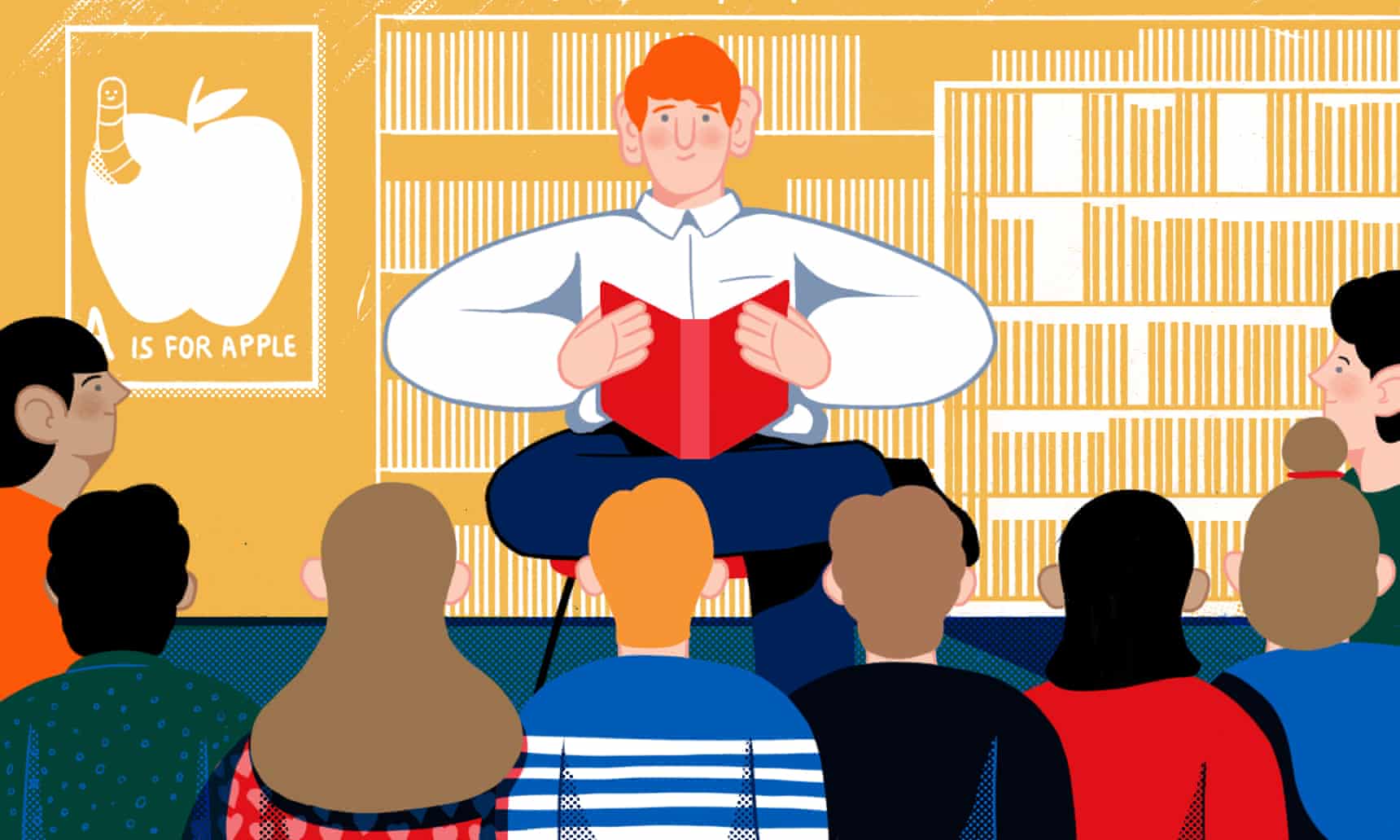 Louisville Free Public Library (LFPL), KY, welcomes Syrian refugees
Photo credit: Michelle Wong
Louisville Free Public Library (LFPL), KY, welcomes Syrian refugees
Photo credit: Michelle Wong
n the midst of the ongoing international migration crisis, libraries worldwide are finding ways to support newly arriving refugees. Libraries across Europe are assisting the wave of newly arriving Syrian refugees, as illustrated by
recent articles from Public Libraries Online and the International Federation of Library Associations and Institutions (IFLA). And they’re not alone: as cities in the US and Canada receive an influx of Middle Eastern refugees seeking asylum, libraries are using both traditional and innovative services to reach out and connect with these populations in crisis.
COLLABORATION IN SALT LAKE
Salt Lake City is a designated refugee relocation city. “Utah has resettled just 12 Syrian refugees, comprising two families, though the state is expected to receive a few hundred more between March and September,” according to
a recent article in the Salt Lake Tribune. The
International Rescue Committee (IRC) is one agency working to resettle refugees in Salt Lake City, and it counts the library as a resource. The IRC
offers guided tours of the Downtown Salt Lake City Public Library (SLCPL) in order to connect refugees with services. Brooke Young, manager at the Glendale Branch of SLCPL, told
Library Journal about a community partnership with the University of Utah’s
University Neighborhood Partners program (UNP) which works collaboratively with a wide variety of university departments and community agencies to “offer resources such as English language instruction, mental health support, citizenship classes, employment workshops, after school and summer programs, and educational resources to the community.” Young presented to UNP leadership on resources for new immigrants, and noted that “since talking to the leadership group, our meeting room demand has tripled and we have had people [from the immigrant/refugee community] come in and use our computers for resume help and job hunting.” Young shared that as SLCPL’s partnership with UNP grows, the institutions plan “to do a year of citizenship workshops, with an emphasis on voting in the next year.”
“We do have some really great partnerships happening,” Young told LJ. “Making sure that we are going to all the meetings of all the different partners can take up a lot of staff time, but it is really worth it. I also try and make sure that my teen librarian and children’s librarian are involved in the meetings so that we can help tailor our programs to the needs of the community. We also try and be really flexible. And I do mean flexible. I came into the library after hours on a Saturday to ensure that a Sudanese baby shower could happen. And we try and let as many meetings as possible happen in our space, even when if it means opening early or staying late. It can be time consuming, but we have won a lot of community support by opening the space.”
Public Libraries Support Refugees Read more...
